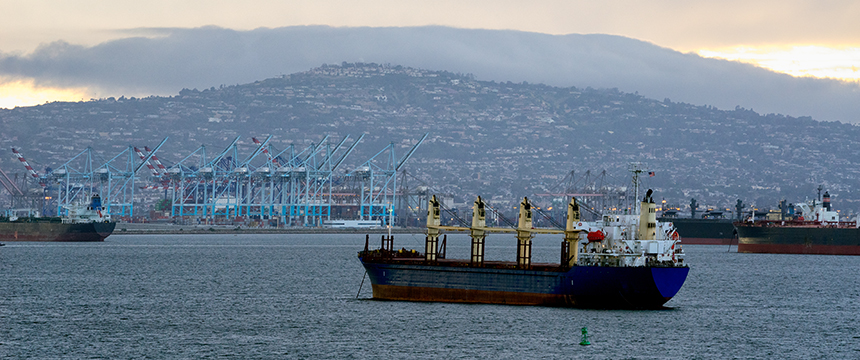PROSEC and Rule 8 – How do These Trade Facilitation Programs Work in Mexico?

In recent posts, we have informed what does IMMEX stands for, and how a company may benefit from said trade facilitation program established by the Mexican government. As we have explained, IMMEX covers final products manufactured in Mexico that are directly exported, or delivered to other IMMEX companies or Original Equipment Manufacturers (OEM) that incorporate them to their own exports.
In this post, we will address other trade facilitation alternatives established by the Mexican government, from which companies that manufacture in Mexico may benefit when importing machinery, equipment and raw materials destined to their manufacturing processes.
PROSEC
PROSEC is the Spanish acronym for “Programa de Promoción Sectorial” (Sectorial Promotion Program). Such program establishes that authorized companies that manufacture goods for a certain productive sector (say, for textile, steel, mining, and automotive sectors; more detail below), are able to import goods to be used in their production using preferential tariff rates, regardless of whether the goods to be produced are for export or the domestic market.
Unlike the IMMEX Program that specifically authorizes companies to carry out temporary imports with specific benefits in the payment of importation duties and value added tax, as long as products are exported, the PROSEC Program authorizations are granted to companies that import goods under a definitive basis.
PROSEC holders have access to preferential import duties ranging from 0% to 10% rates triggered upon the definitive importation of raw materials, machinery and equipment. Since these are imports under a definitive basis, companies are obliged to pay the value added tax at the general rate (16%) or border rate (8%) and Customs Processing fees at a rate of 0.8% based on the customs value of the corresponding goods – when applicable, importers may use preferential import-duty rates and Customs –processing fees under Free Trade Agreements.
It should be noted that the PROSEC preferential tariff rates exclusively apply to the importation of goods pertaining to a specific productive sector; as an example, PROSEC preferential duty rates may not be applied to a good included in the textile sector for the production of an electronic good that is included in the electronic sector.
Although, a company may request its incorporation into more than one sector, as long as they provide evidence of the production of goods classified in such sectors.
The Sectors available in the PROSEC Programs are the following:
- Electrical
- Electronics
- Furniture
- Toys, Recreational Toys and Sports Articles
- Footwear
- Mining and Metals
- Capital Goods
- Photographic
- Agricultural Machinery
- Miscellaneous
- Chemical
- Rubber and Plastic Goods
- Steel
- Pharmaceutical Products, Medications and Medical Equipment
- Transport, except automotive
- Paper and Cardboard
- Wood
- Leather
- Automotive and Auto Parts
- Textile and Clothing
- Chocolates, Candies and alike
- Coffee
- Food
Finally, it is worth mentioning that PROSEC may also benefit IMMEX companies for purposes of benefitting from its specific preferential duty rates; for instance, when IMMEX companies are required to calculate and pay importation duties upon the temporary importation of non-NAFTA materials incorporated into finished products to be exported to NAFTA countries, or when they need to change the importation regime of goods from temporary to definitive (please refer to our IMMEX Highlights post: NAFTA implications on IMMEX operations).
Rule 8 Permit
A Rule 8th permit allows companies that have an authorized PROSEC Program, to carry out the importation of machinery and equipment, inputs, materials, parts and components related to the products to be manufactured or assembled in Mexico, under a single tariff code (codes 9802.00.01 to 9802.00.25).
This permit allows for the importation of all types of goods to be used in a specific production project, through a single tariff code that is exempted from the payment of import duties.
This permit may only granted in cases such as when there is absence or insufficiency of Mexican products with the specific conditions required by the manufacturing company, or when goods are required during a pre-production stage, among others.





